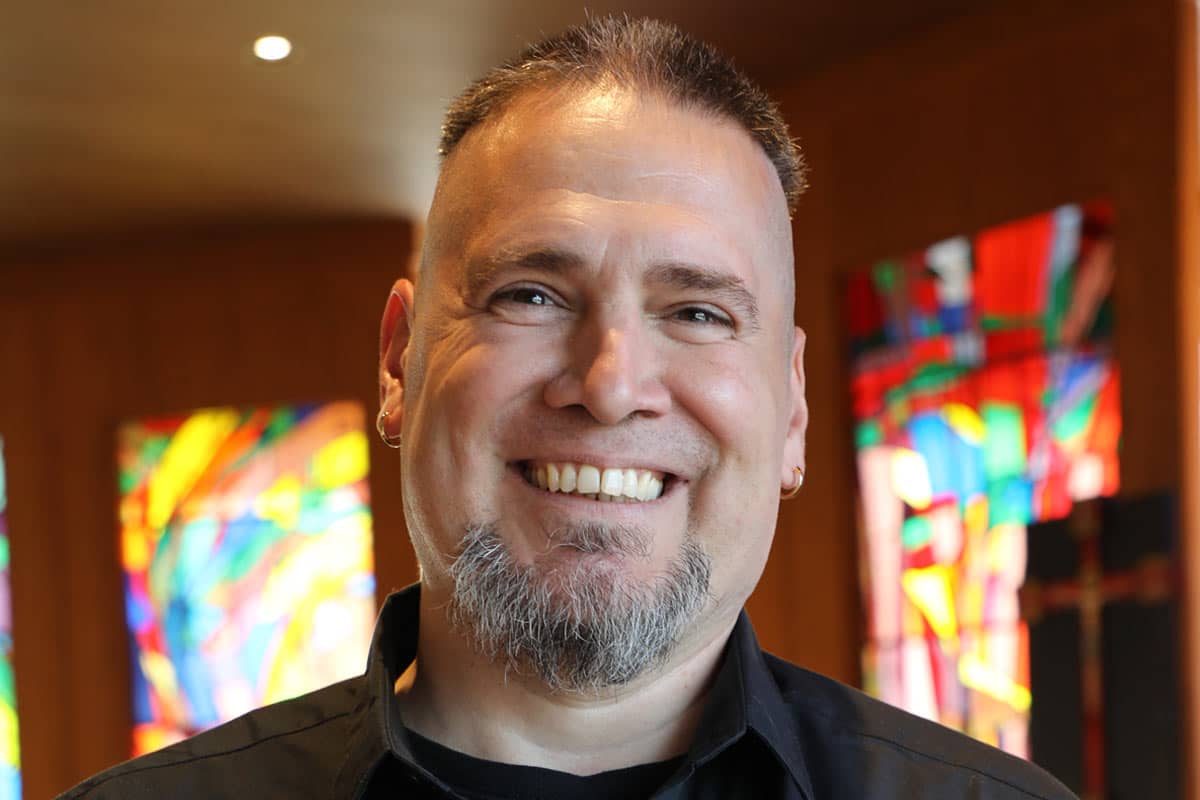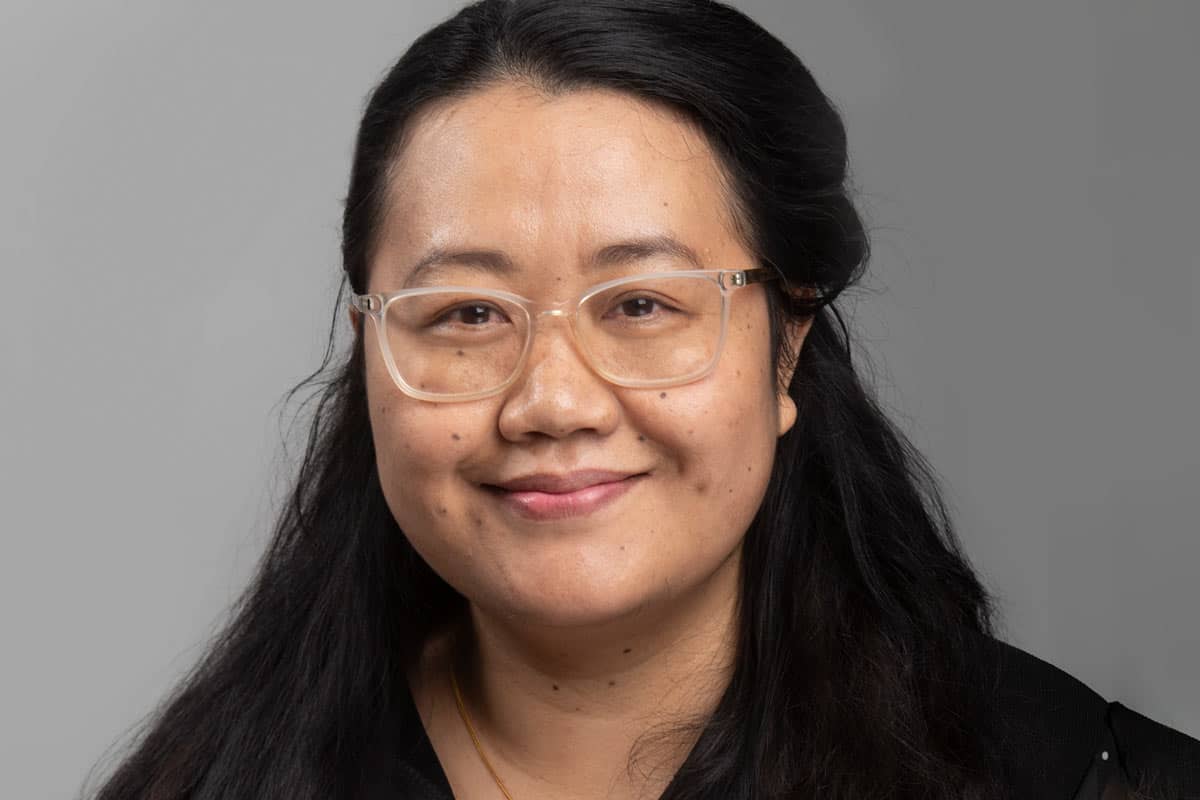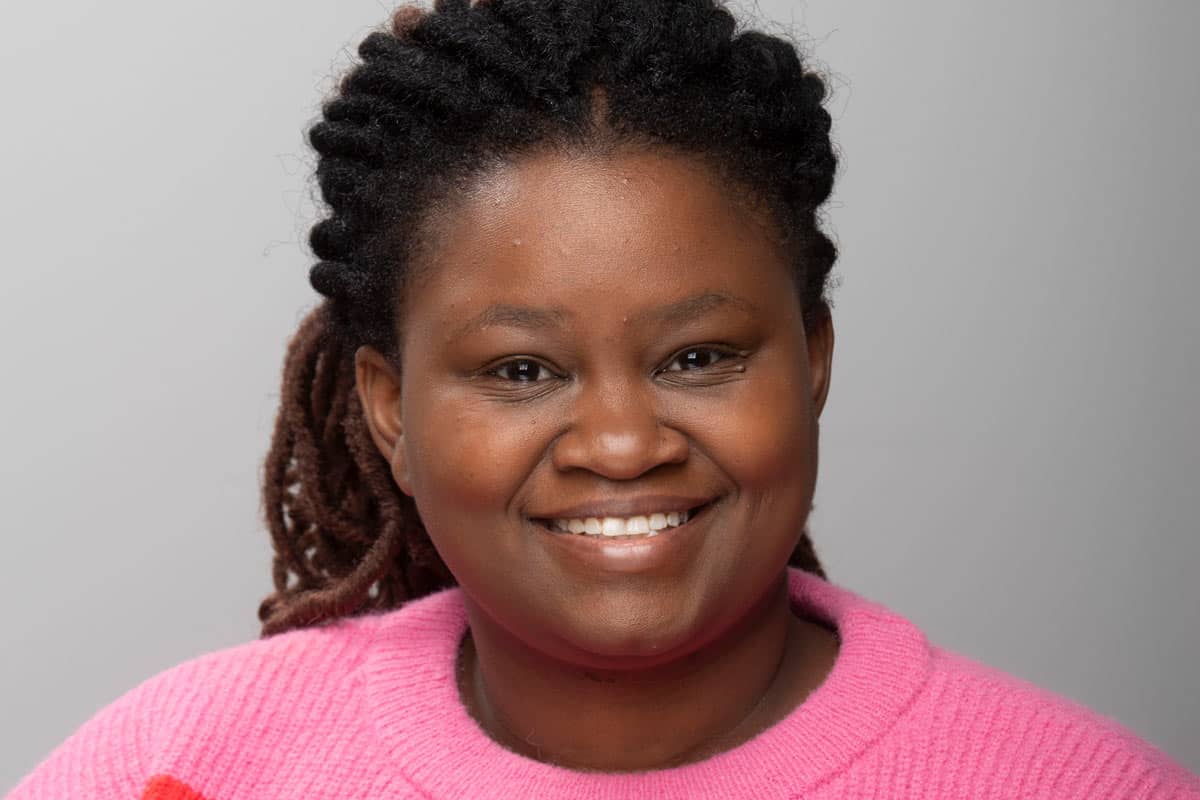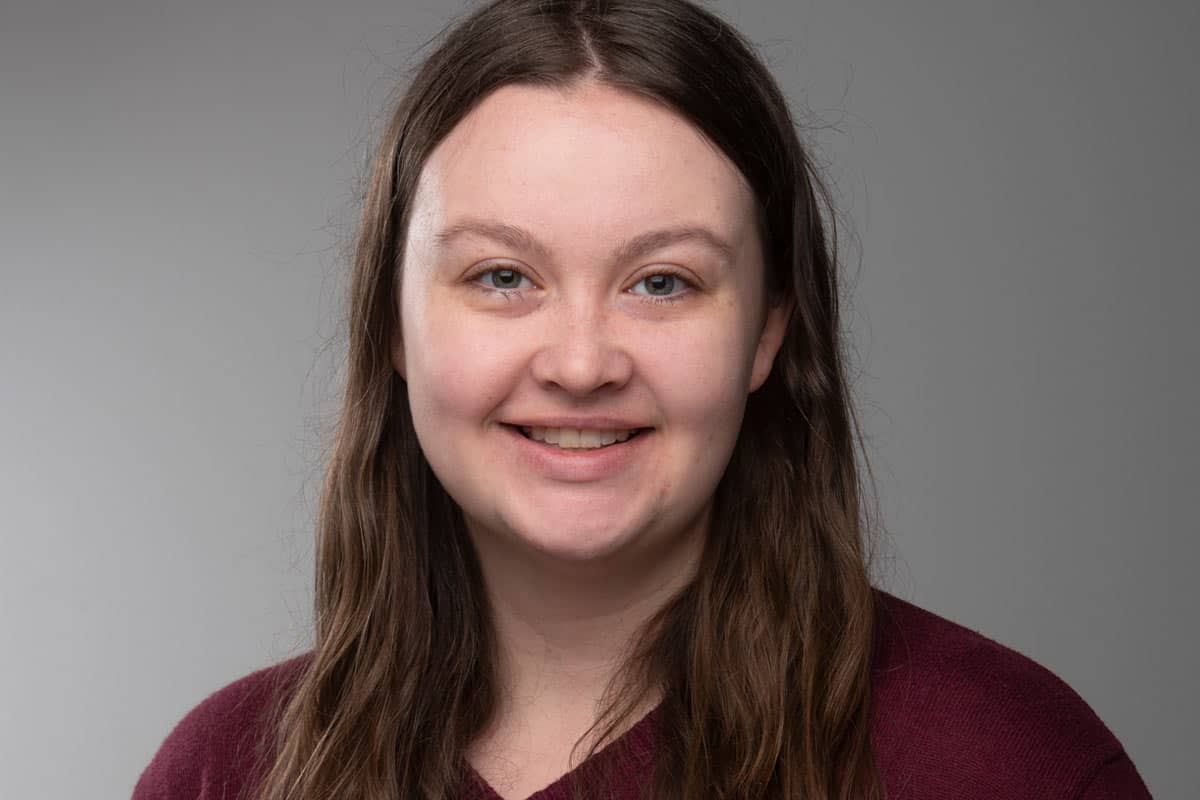
Francisco Herrera
he/him/mother
Doctor of Philosophy
What is your favorite memory of your time at LSTC?
In 2018 I designed, funded, and coordinated a weekend training based on the base community model of mission (Spanish: comunidad eclesial de base) as part of my work with #decolonizeLutheranism. In Augustana Chapel from August 13-14, 2018, there were 58 attendees from all over the US and because of a grant, we were able to give full funding (including travel) to every attendee who was either BIPOC, trans/nonbinary, and people with disabilities who qualified for federal benefits.
What was the most meaningful class you took?
Every class I took with Prof. Mark Swanson, not only for the content (Historiography, Jesus and the Other Religions, Mysticism) but because he powerfully influenced my pedagogical style. I noticed it in 2017 when emailing students in a Spanish for Ministry course I was teaching and realized that my tone mimicked his almost exactly.
But hands down, the most meaningful professor for me was Rev. Dr. Linda E. Thomas. I never had a course with her, but much of who I am as a researcher, a thinker, and a public theologian I have gleaned from working intimately with her for nearly a decade. I love her very much, and will be eternally indebted to her for the time and love she has shown me in turn all of these years.
How did you feel supported during your seminary journey? Were you the recipient of any major scholarships? What communities or people uplifted you during your studies?
Apart from supportive faculty and staff (shout out to mentor/friend Jessica Houston), the biggest support I got, hands down, was from Dr. Scott Chalmers. His willingness to allow me to use a seminary account to fundraise for major projects allowed me to raise nearly $100k for the aforementioned base community training, two national revivals for #decolonizeLutheranism, a booth at the 2018 ELCA Youth Gathering, and an amazing day-long workshop with Dr. Ysaye M. Barnwell, formerly of Sweet Honey in the Rock. I can never thank him enough for this support.
And of course, my advisor, Prof. Peter Vethanayagamony. He has been both my advocate and my anchor through what has been a long and sometimes turbulent process. He gives me both solid advice and encouragement and is always ready to hype me up to others for the sake of my career and building connections. It really doesn’t get much better than that.
What are your post-graduation plans?
I have a 501c3 called Prism Initiatives that I formed in order to continue my work into intersectionality and Christian mission. A continuation of my dissertation (“Rainbow Church”: An Ethnographic Reflection on Intersectionality in Christian Mission), it is an organization for “the study, support, and creation of intersectional church culture and community.” As I work within this new institution, I will also be engaging in collaborations all across the ELCA (synods, churches, seminaries, etc…) to work both to help create intersectional attentiveness in pre-existing ELCA spaces, but also provide support for and create new ones. Additionally, I will be looking for work as a community college professor along with continuing my activism.
How did LSTC shape you as a future leader of the public church?
Honestly, it didn’t. I was very much like this, an organizer and activist and evangelist, long before I started my PhD work here. What it did give me was an institutional laboratory to develop and exercise my ministry ideas as well as a forum where I could build relationships with now dear friends and colleagues as well as learn a lot of cool new things. It also gave me a level of academic and institutional freedom that provided both necessary challenges to make my work and thinking better, as well as a home base where I could pause, reflect, and heal when things got too hard.


